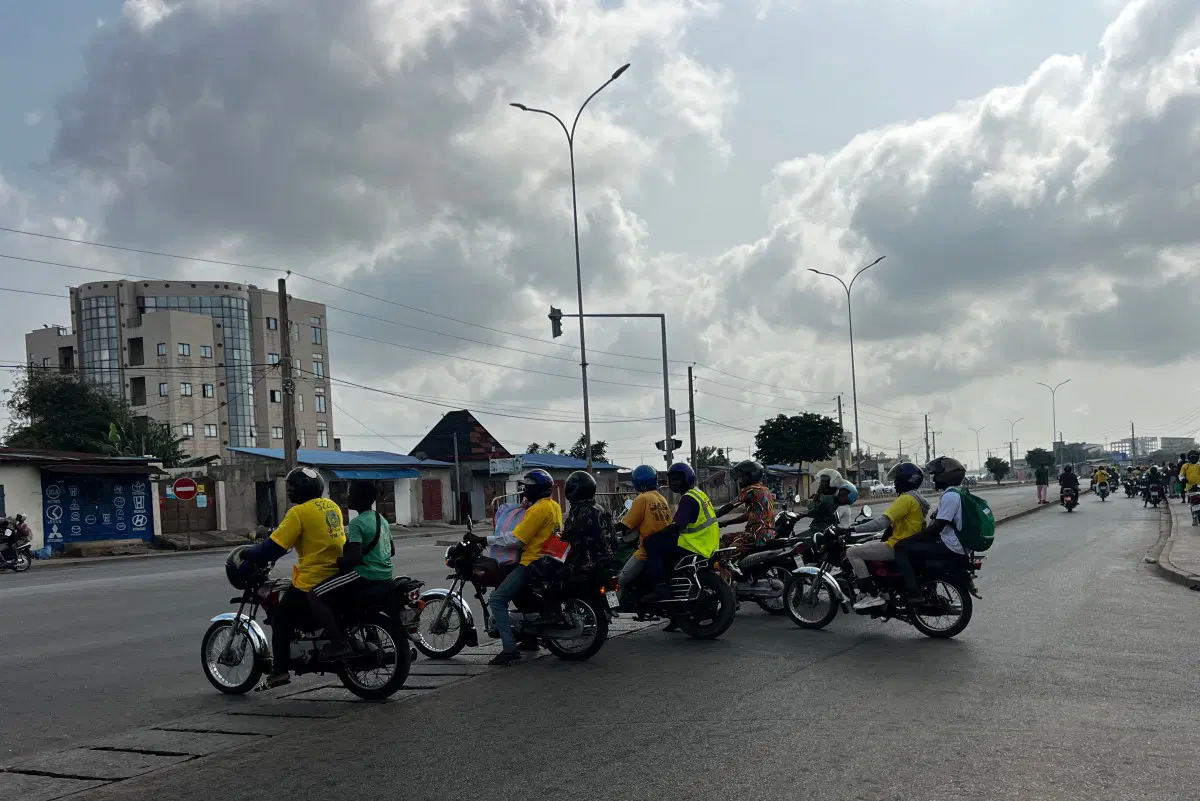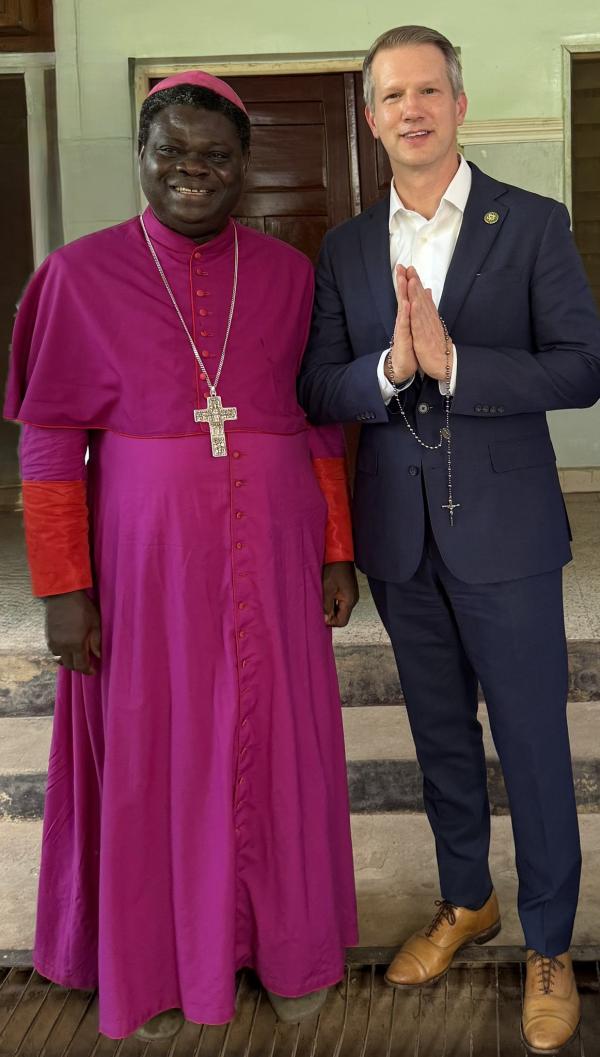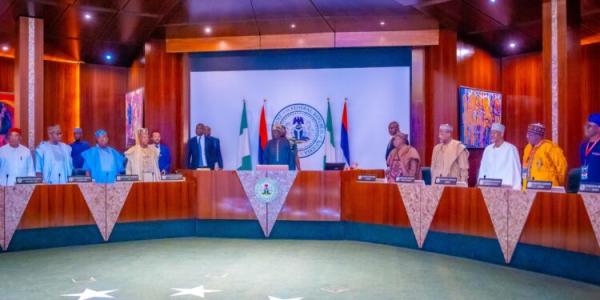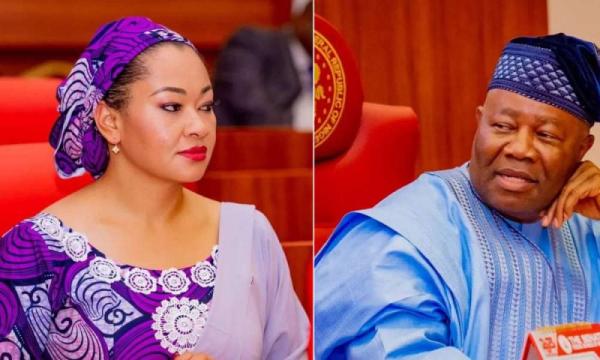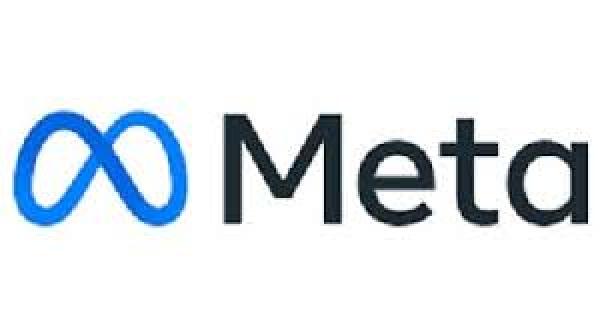
The Nigeria Data Protection Commission (NDPC) and Meta Platforms Inc. have moved to settle their dispute over the regulator’s $32.8 million fine and a slate of compliance directives issued against the company for alleged violations affecting Nigerian users’ data.
Lawyers for both sides informed Justice James Omotosho of the Federal High Court in Abuja on Friday that talks were well advanced. The judge had been set to rule on the NDPC’s preliminary objection to Meta’s suit, as well as Meta’s request to amend its court filings. Instead, at the parties’ request, he put the ruling on hold to allow negotiations to continue.
Meta’s counsel, Fred Onwuobia, SAN, told the court the parties had “reached an advanced stage of settlement” and warned a ruling could derail those efforts. “The draft terms of settlement have been exchanged,” he said while asking for an adjournment to report back on the outcome. NDPC counsel Adeola Adedipe, SAN, confirmed that “settlement discussions have advanced appreciably” and urged the court to allow time so the terms could be returned for adoption as a consent judgment.
Justice Omotosho said the court encourages amicable resolution and indicated he would withhold his ruling for now. The matter was adjourned to October 31, 2025, for either a ruling or adoption of any agreed terms.
The regulator’s push began in February, when the NDPC levied a $32.8 million penalty and issued eight corrective orders after receiving a petition from the Personal Data Protection Awareness Initiative alleging Meta conducted behavioral advertising on Facebook and Instagram without users’ explicit consent. The Commission also cited a failure to file a 2022 compliance audit, breaches of cross-border data transfer requirements, and processing of data belonging to non-users, among other alleged contraventions.
Meta challenged both the findings and the procedures that led to the Final Orders. In a motion filed March 19, the company argued it was denied due process and a fair hearing, saying the Commission did not give adequate notice or an opportunity to respond before issuing the directives. Meta’s lead counsel, Prof. Gbolahan Elias, SAN, asked the court to quash the enforcement orders, arguing they offend Section 36 of the Constitution.
The NDPC countered with a preliminary objection, insisting Meta’s suit was incompetent and that the court lacked jurisdiction because, in the Commission’s view, Meta did not comply with Order 34 of the Federal High Court (Civil Procedure) Rules on judicial review. Adedipe also argued Meta’s originating summons and supporting statements were misaligned, rendering the case defective, and accused the company of trying to replace reliefs already obtained ex parte with new ones “under the guise of an amendment,” contrary to the rules. He urged the court to dismiss the application outright.
Meta followed with an April 23 motion seeking leave to amend its initial statement so it would mirror the reliefs in the originating summons, saying the goal was to harmonize the documents. Justice Omotosho had earlier granted leave to commence judicial review but refused to stay the NDPC’s orders pending determination of the suit. After hearing arguments, he fixed October 3, 2025, for a consolidated ruling on the NDPC objection and Meta’s amendment motion—an outcome now deferred while the parties pursue settlement.












